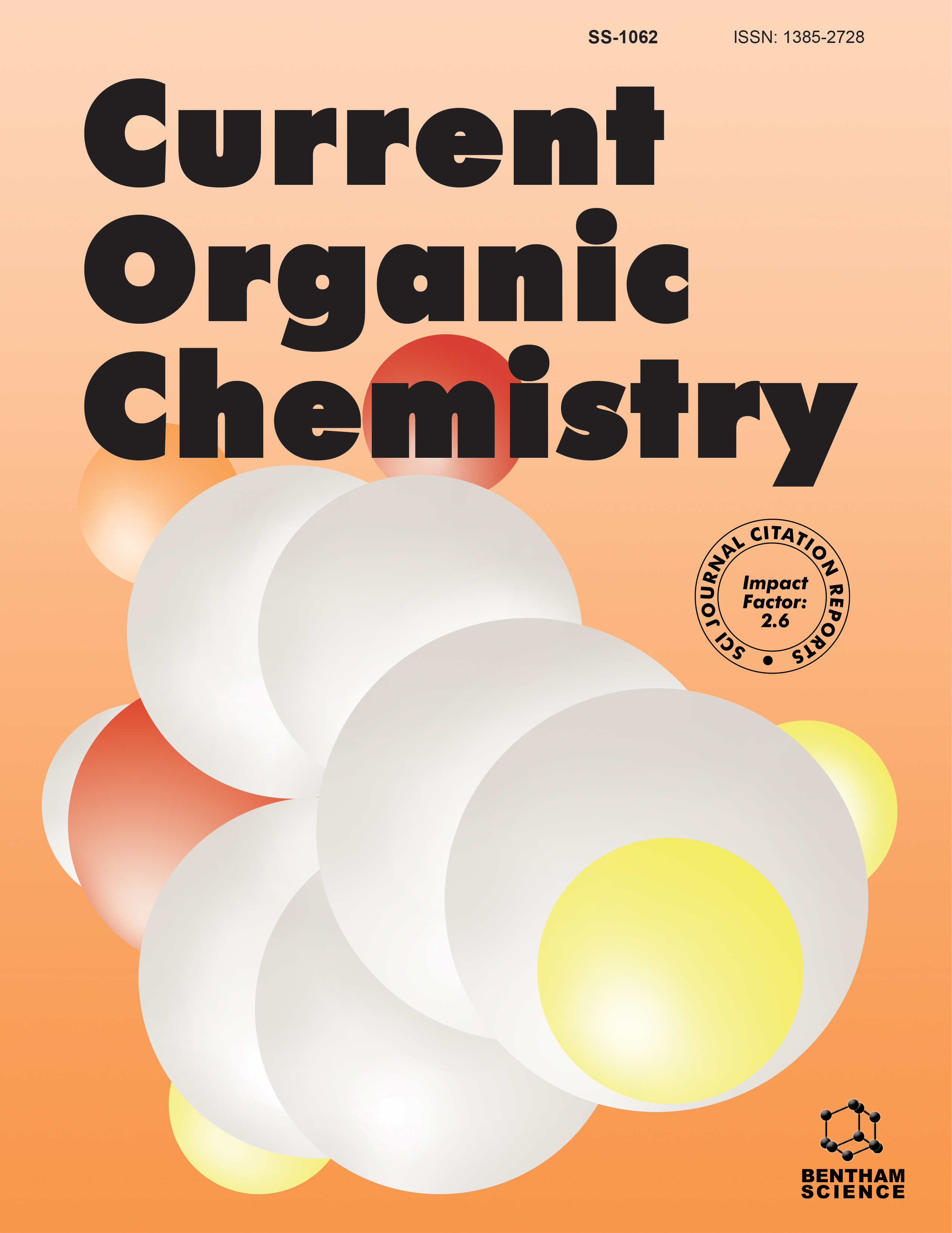-
oa Editorial [Hot topic: Frontiers in Biocatalysis (Guest Editor: Zizhang Zhang)]
- Source: Current Organic Chemistry, Volume 14, Issue 17, Oct 2010, p. 1869 - 1869
-
- 01 Oct 2010
Abstract
Biocatalysis focuses on solving chemical problems using natural catalysts derived from living systems, namely enzymes which were originally evolved for the regulation of the chemistry of life. It has obtained tremendous success in the last three decades for various reasons. These include the systematic use of non natural substances as substrates to perturb enzymes, expanding their range of utility in biocatalysis, breakthroughs in genetic engineering allowing the optimization of an enzyme's property through mutagenesis of its genes, and lastly the increased demand for efficient, selective and environmentally friendly processes for the preparation of precious chemicals with highly defined stereochemistry. Biocatalysis is now a powerful tool and a vital part of organic and green chemistry. It has been broadly applied to a wide range of fields, such as pharmaceuticals, agrochemicals, biofuels, etc. Yet it is also a fast moving field. A full coverage of all of its advances in a single review is in fact a ‘mission impossible’. However, careful readers can easily get the inspiration and essence of the field and find useful information by reading the reviews in this issue written by highly regarded figures in the field. For this purpose, Hailes et al. present their work in “Synthetic strategies of α,α'-dihydroxy ketone and 2-amino-1,3-diols via the use of transketolase”. Kim et al. “Design and Evolution of Biocatalysts” and Zhao et al. “Engineering of Enzymes for Selective Catalysis” both discuss directed evolution (DE) in detail. Lin et al. share their views on the promiscuous activity of enzymes. And Wohlgemuth et al. shed light on Organic Synthesis in “Applications of Baeyer-Villiger Monooxygenases in Organic Synthesis” and “High-Yield Biocatalytic Amination Reactions in Organic Synthesis”. From the dawn of the genomic era in the 20th century to today, scientific frontiers have moved to a new horizon with the ultimate goal of understanding entire biological systems on the basis of genomic information. Zhang et al. share this vision and have made the first steps. Among the various disciplines that have sprung up, Genochemistry, with the powerful technological platform of Biocatalysis as its foundation, has this goal as its central purpose. As complementary technologies in related fields improve, Biocatalysis, for all of its accomplishments, is still a budding field full of potential. With an already glorious history, Biocatalysis may yet have an even brighter future.


